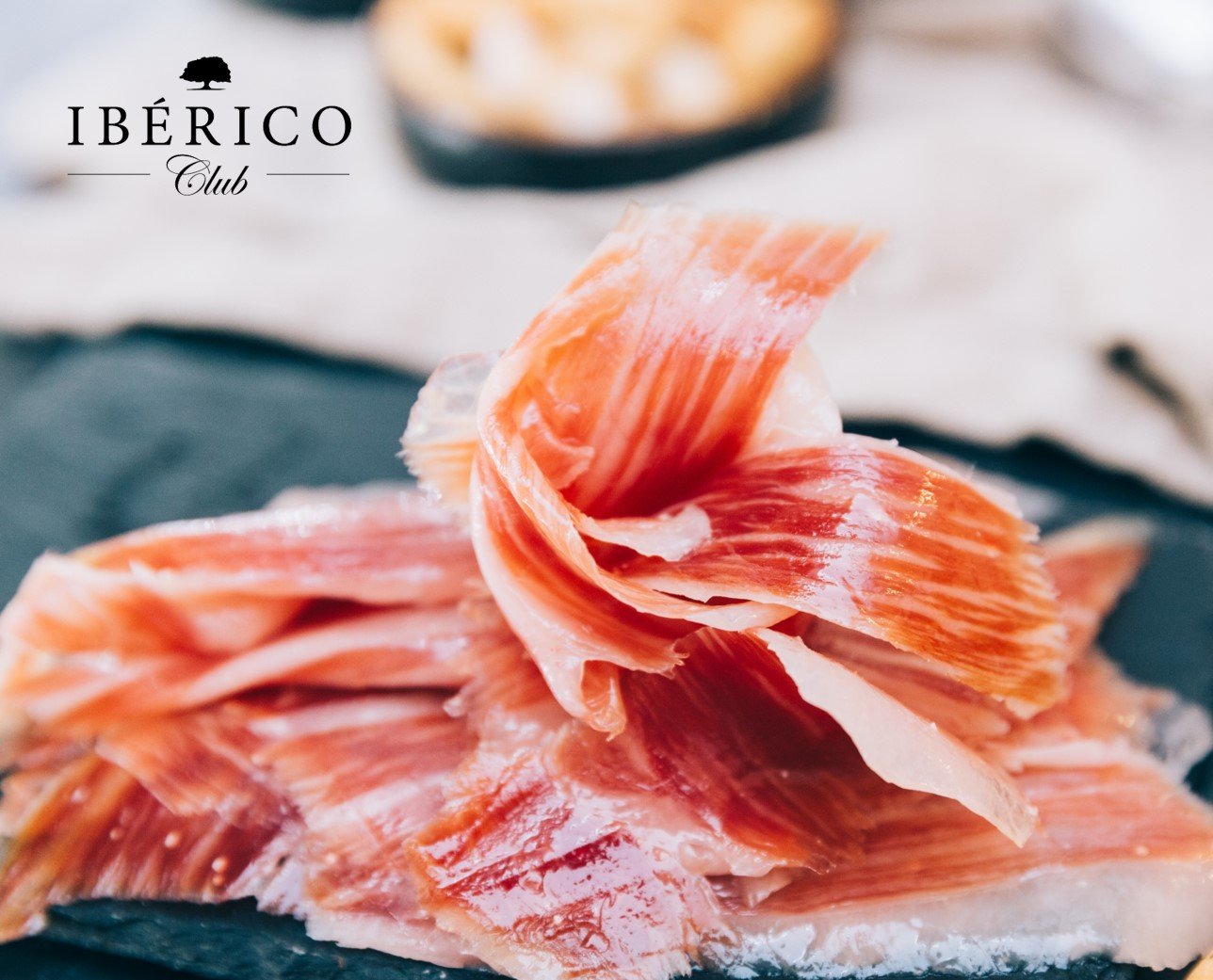Tommy Tainant
Diamond Member

Fury in Spain at US plans to produce âIberianâ ham in Texas and Georgia
Purists are angry with the Spanish government for failing to protect jamón’s integrity
For the purist – and there are many purists – top-class jamón ibérico de bellota (acorn-fed Iberian ham) must come from Iberian blackfoot pigs that spend the last months of their lives eating acorns on the dehesa, a traditional Spanish or Portuguese pasture shaded by mature oak trees.
After being hung and dry cured for at least 36 months, the meat produced is silky with fat, and, say experts, has a flavour that can only come from the acorns. Spaniards consider jamón ibérico their greatest gift to international gastronomy – the caviar of the Iberian peninsula.
But now two American companies have had the incredible temerity to begin importing blackfoots to the US in order to make their own jamón.
Acornseekers, established in Flatonia, Texas, by two Spaniards, and Iberian Pastures, another Spanish-American venture in the state of Georgia, were both set up recently to capture the American market with their own version of Spanish ham. It will be marketed as jamón ibérico armericano or Ibericus meat.
I suppose its like domestic "champagne". There is no such thing. Champagne should come from Champagne. Protecting local foods is a big issue in Europe these days.
This list needs updating. I know that the famous Denbigh Plum has been granted protected status.



